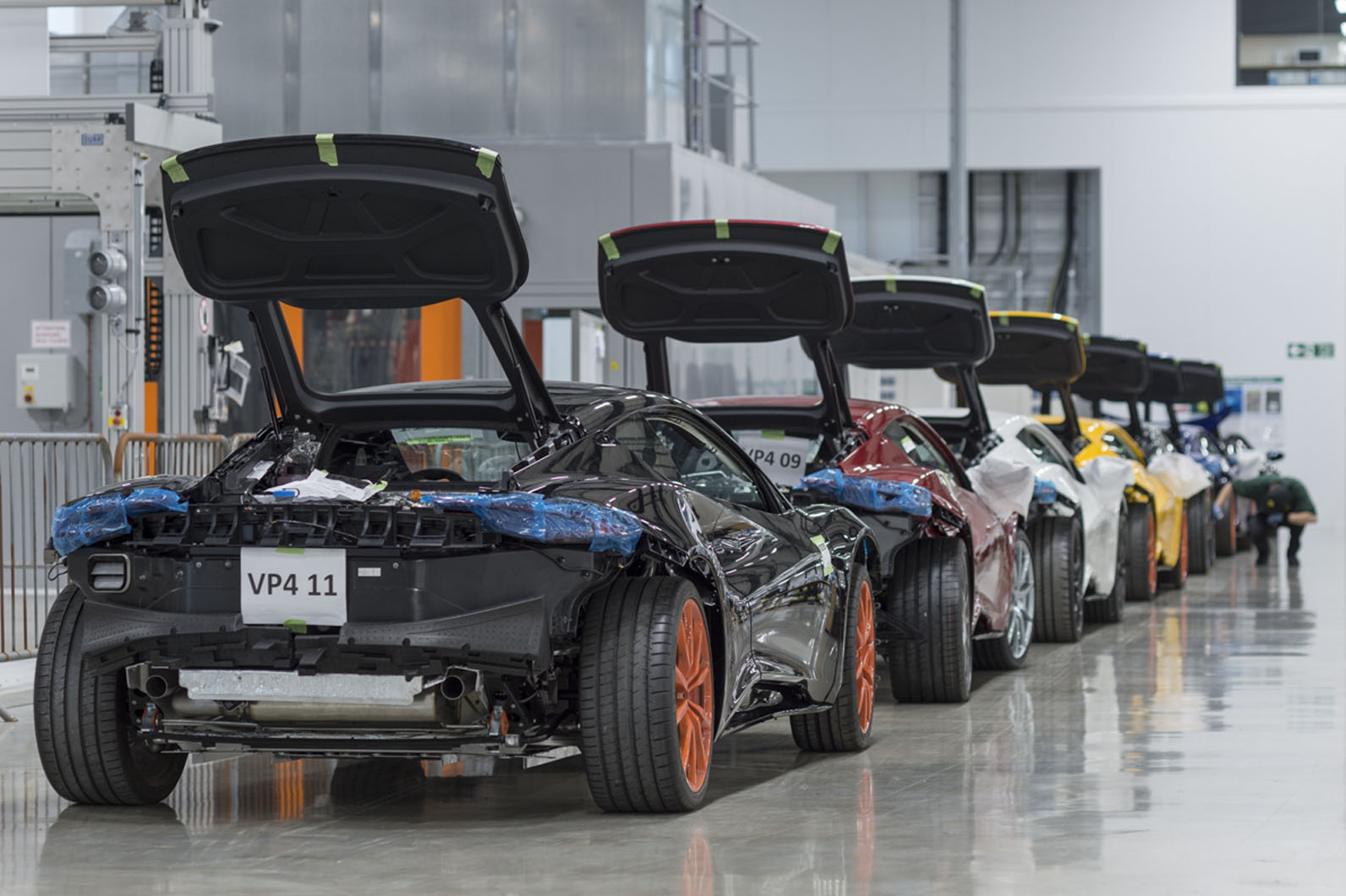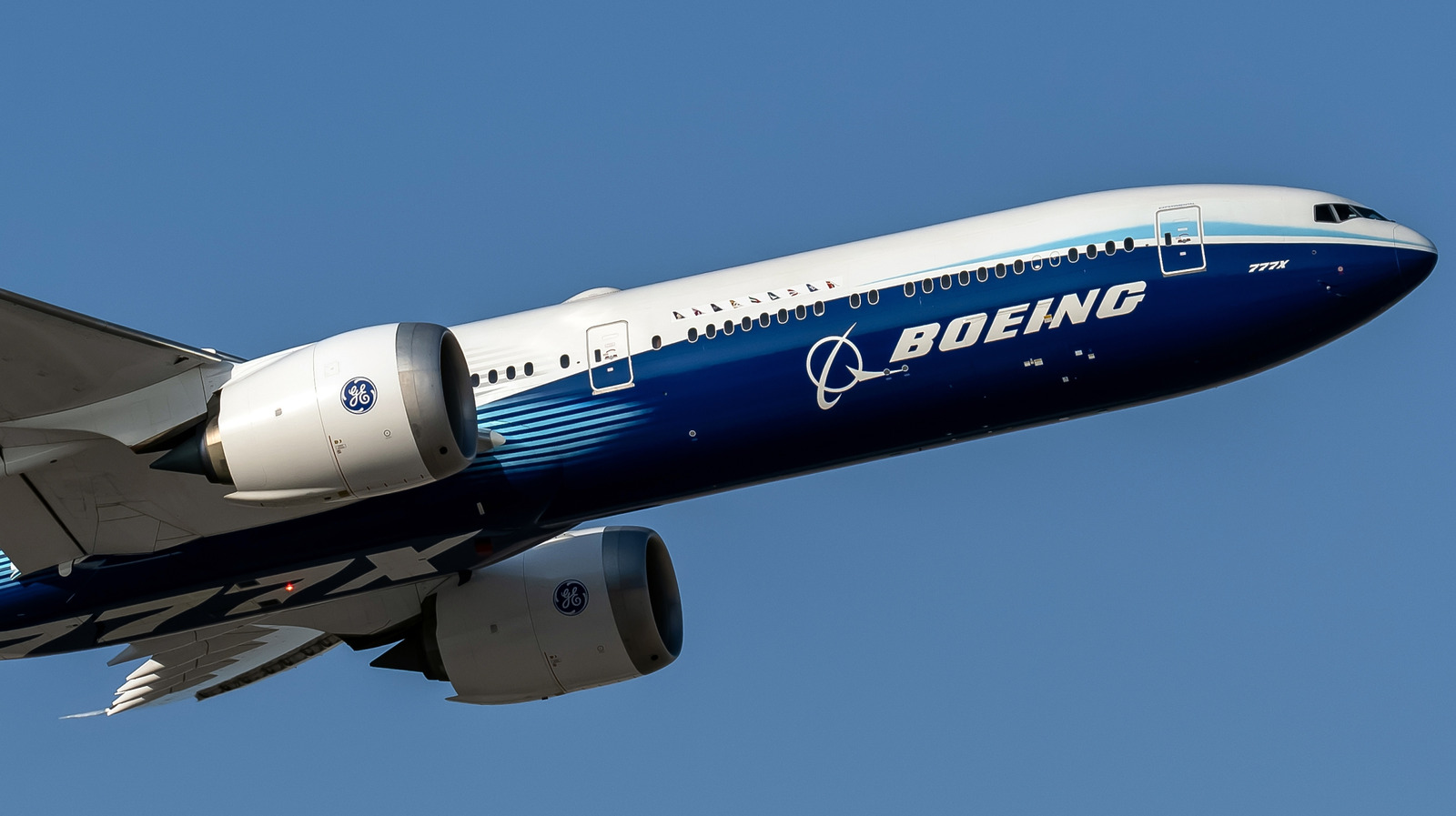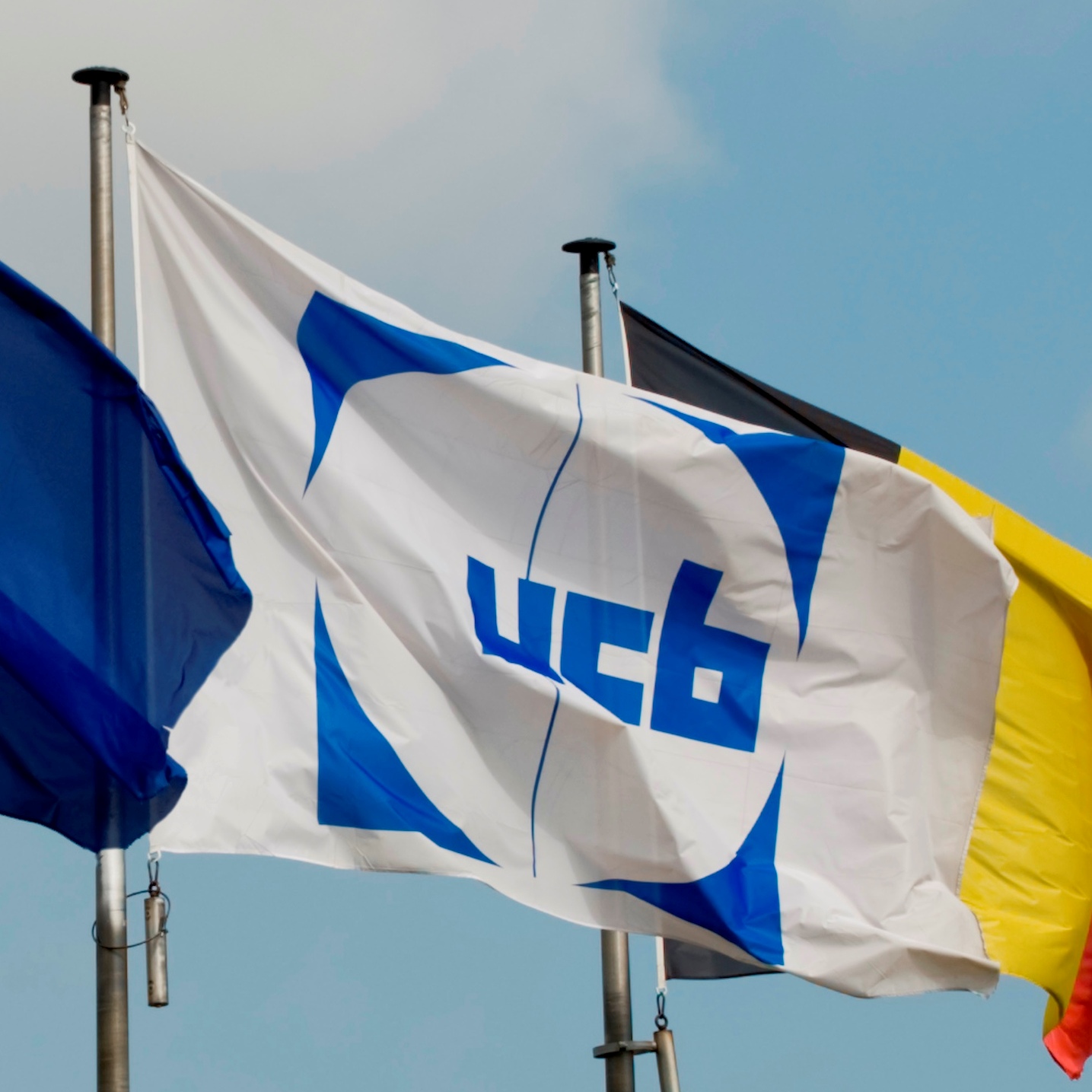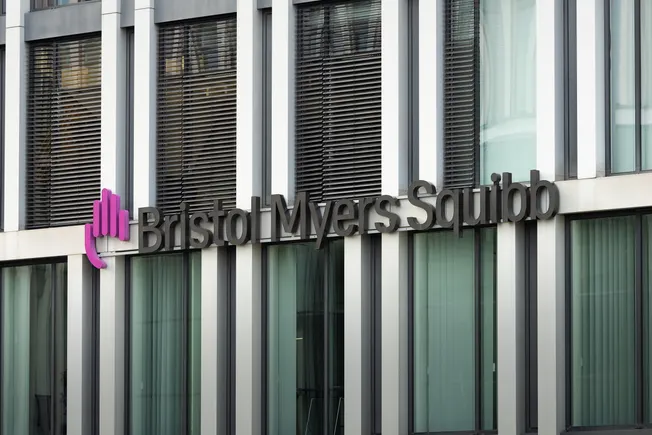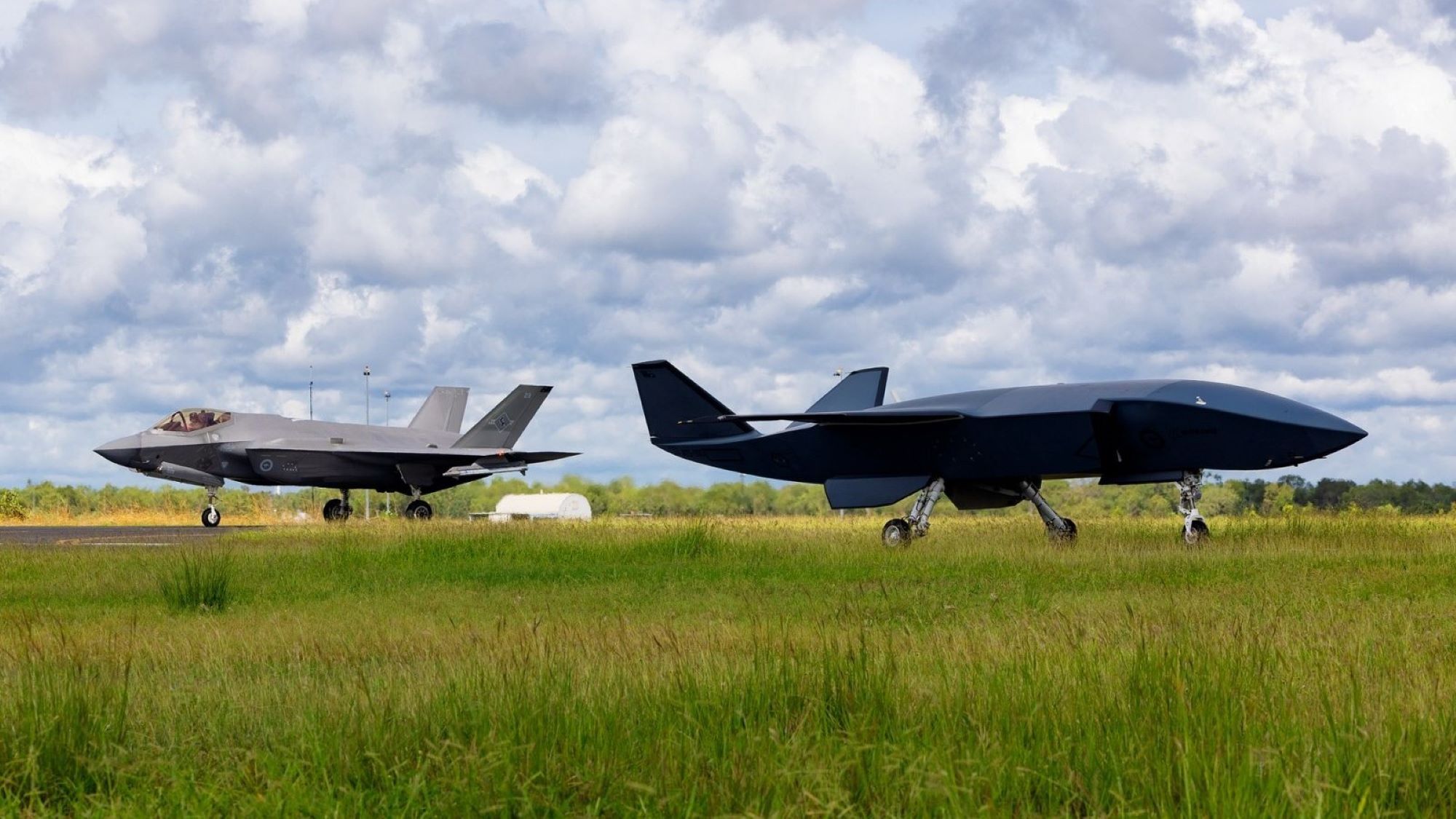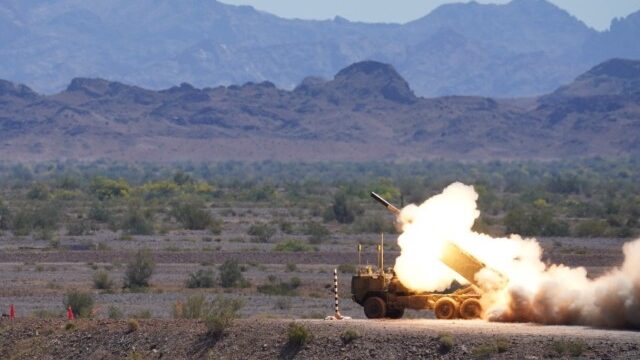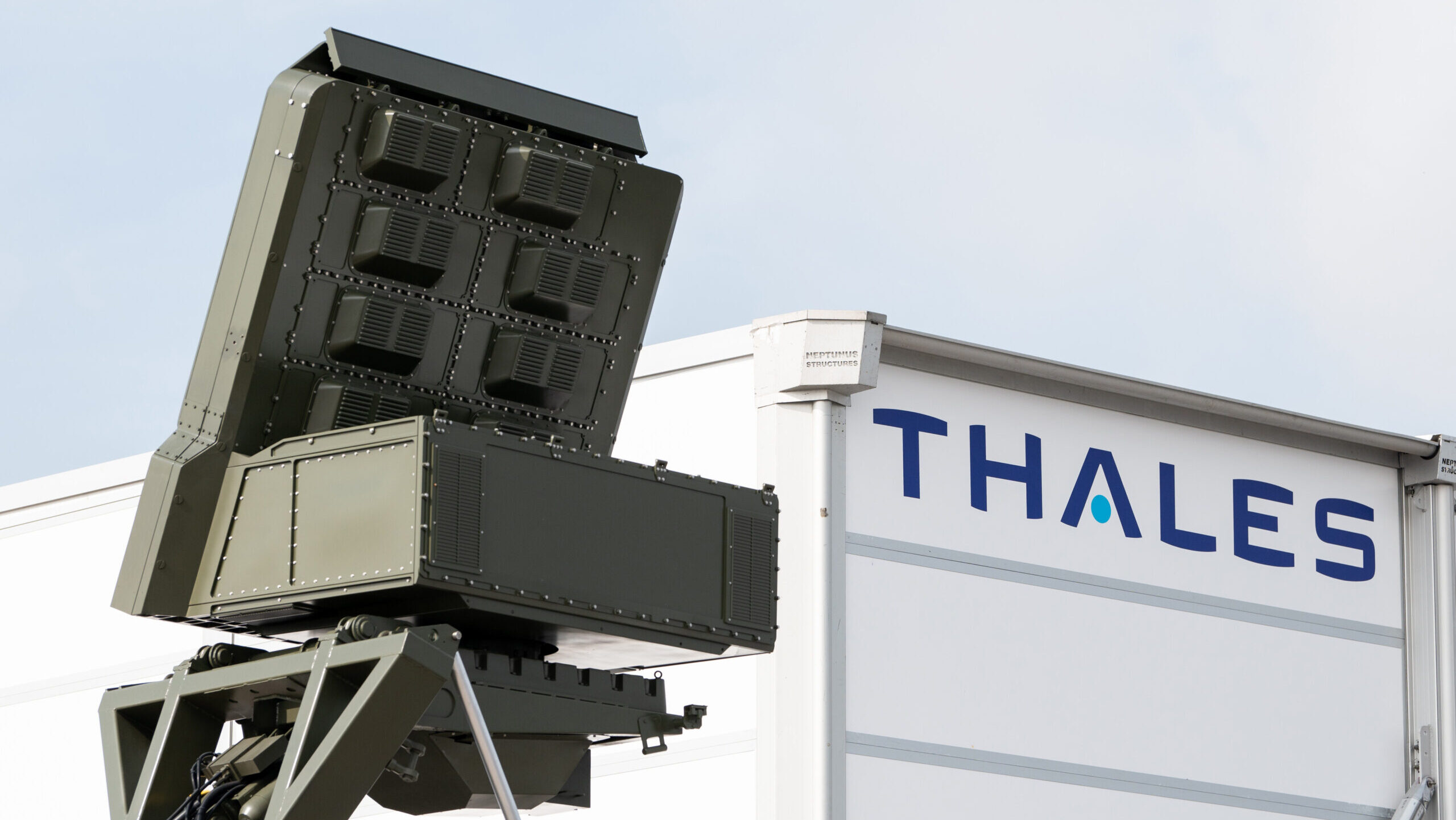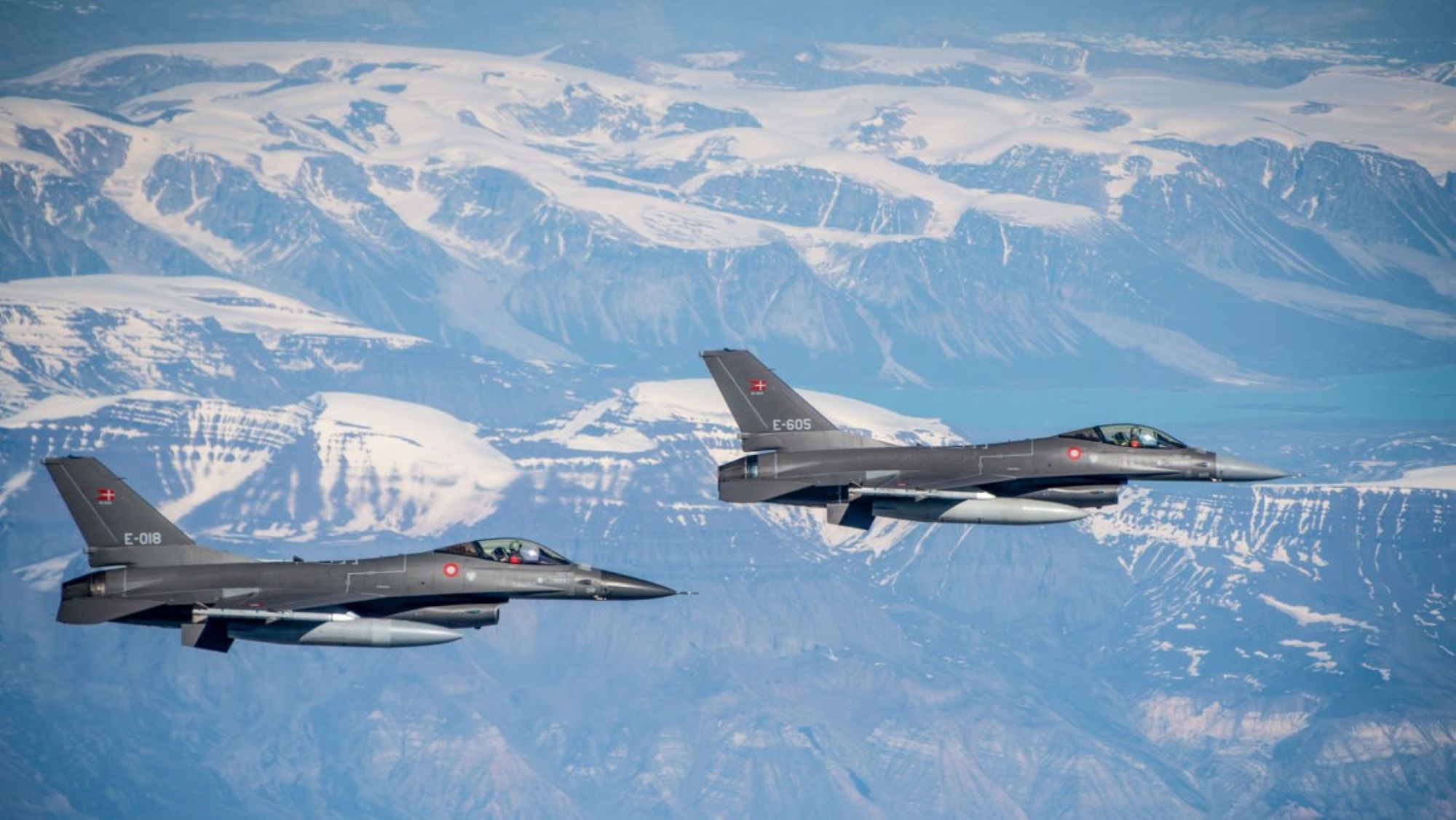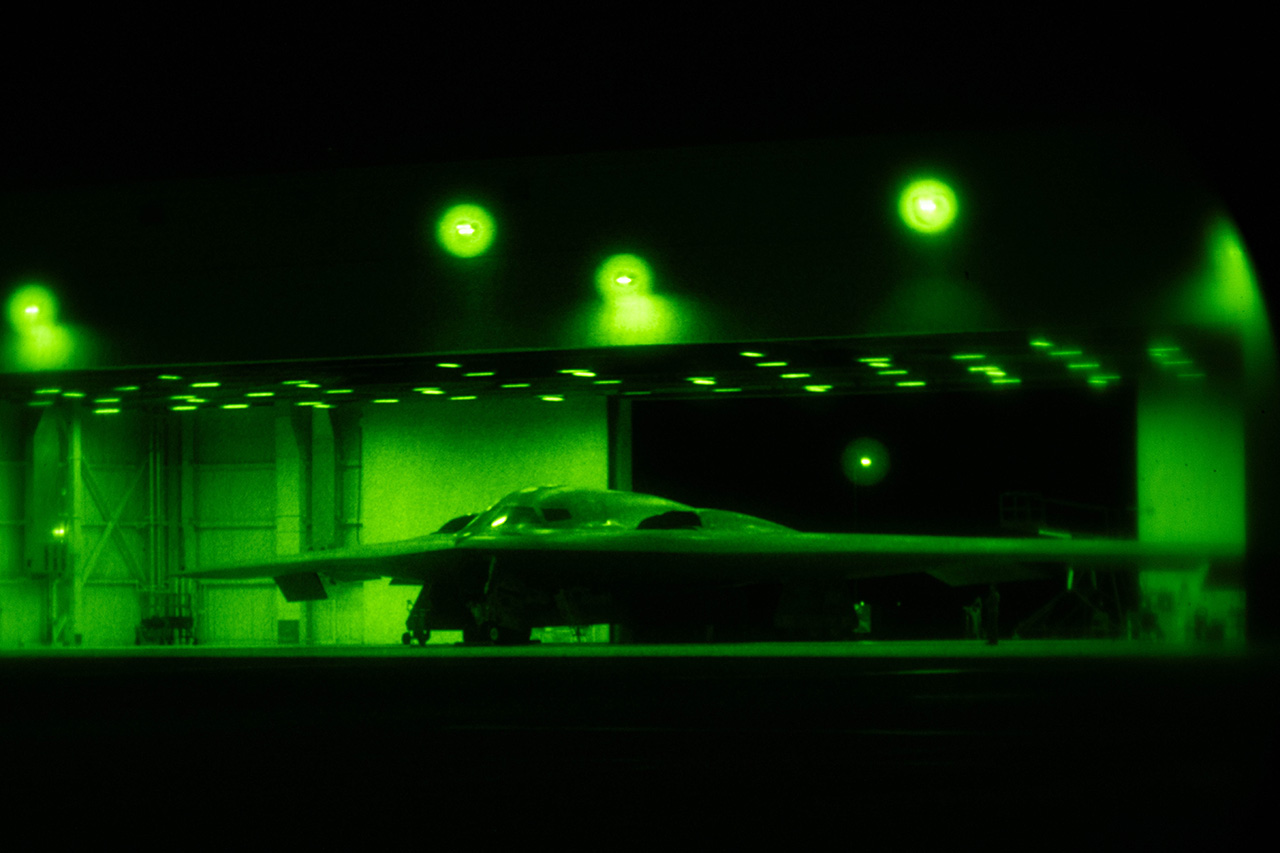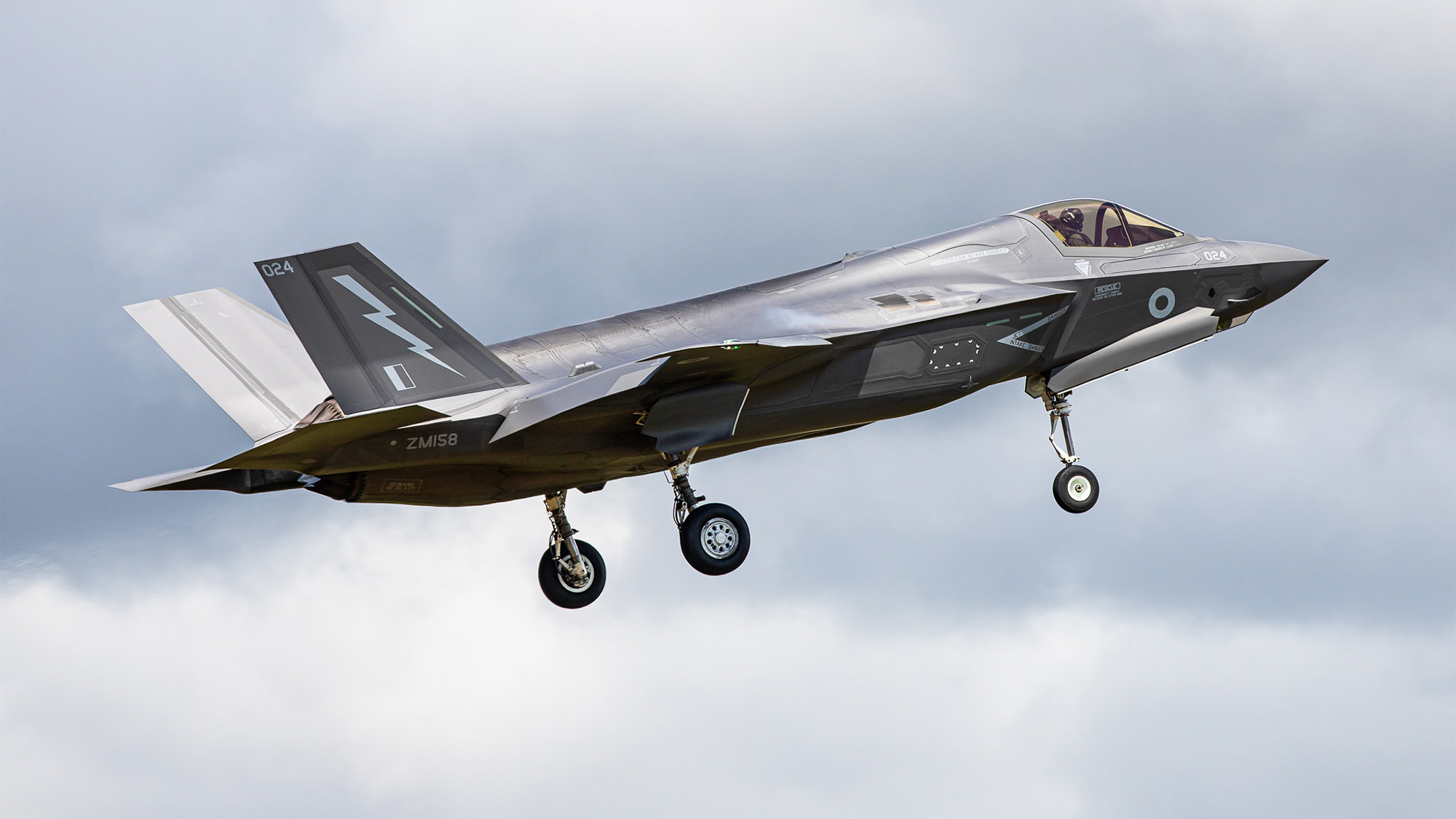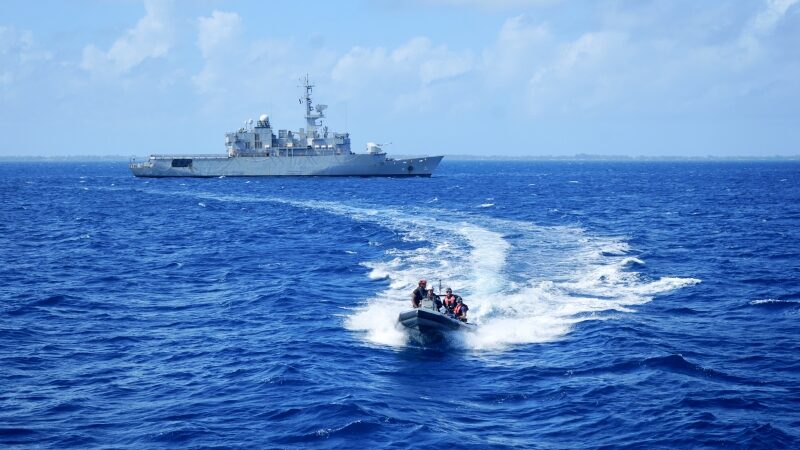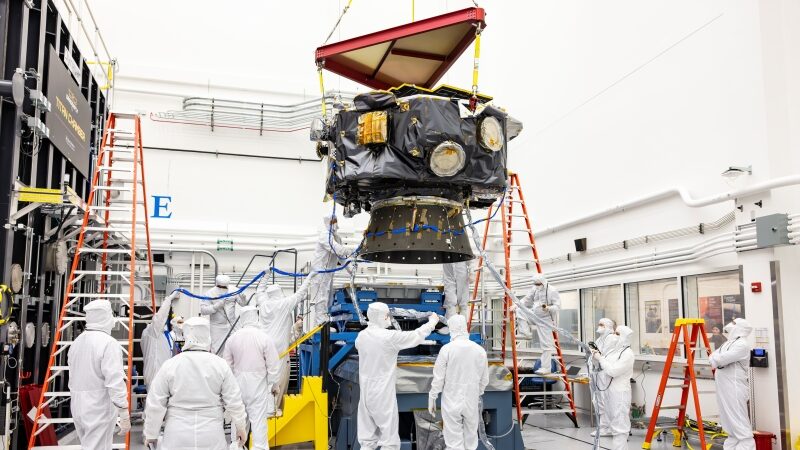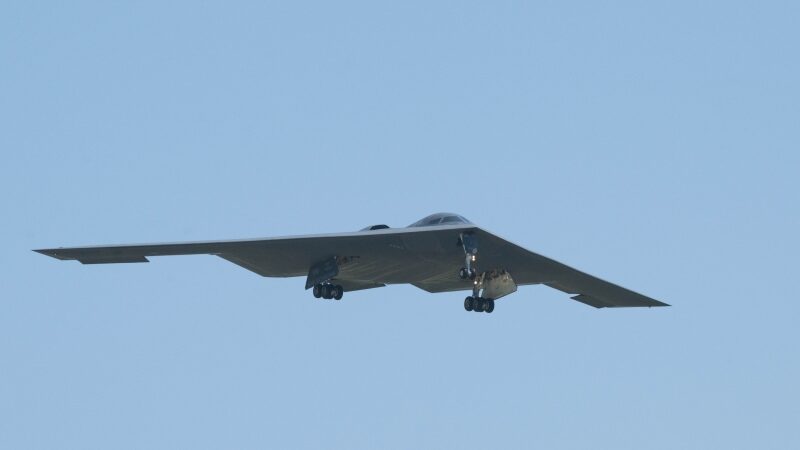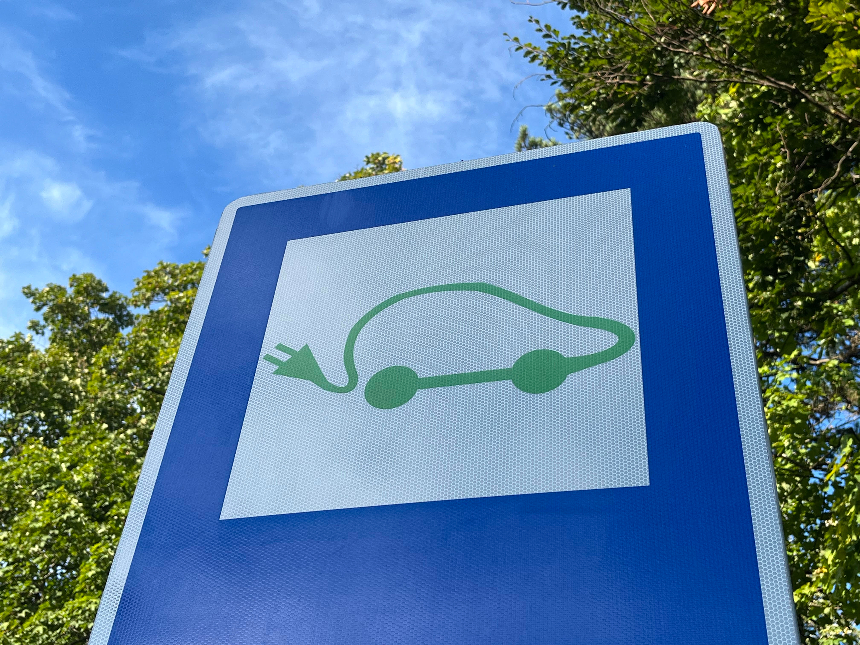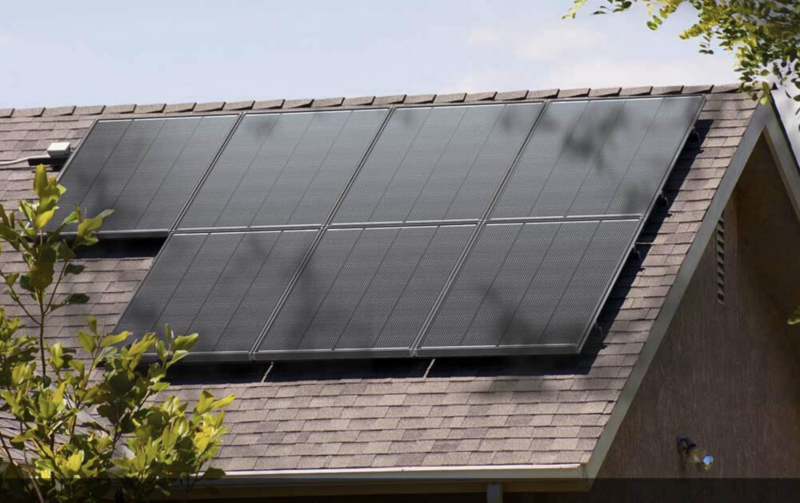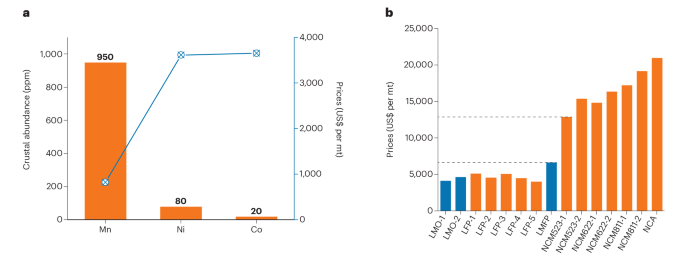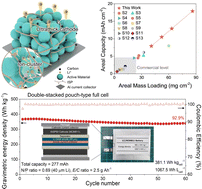Singapore navy orders new submarine and unmanned mine countermeasure assets
Low Jin Phang, president of Digital Systems at ST Engineering, said his firm aims to “push the boundaries of USVs and AUVs for MCM operations with AI.”


The new ST Engineering unmanned mine countermeasures systems will replace four Bedok-class MCM vessels in service since 1995. (Gordon Arthur)
SINGAPORE — The Republic of Singapore Navy (RSN) used the island state’s biennial naval exhibition to announce two important acquisitions: one for unmanned mine countermeasure vessels and the other for new, manned submarines.
Both buys, announced as part of the IMDEX conference, come as Singapore has embarked on an ambitious naval modernization push.
On Wednesday, Singaporean entity ST Engineering was awarded contracts to develop and supply a fleet of mine countermeasures (MCM) systems.
The MCM suite utilizes autonomous systems, specifically unmanned surface vessels (USV), autonomous underwater vessels (AUV) and a command-and-control center. ST Engineering said the assets will replace the 6th Flotilla’s four 350-ton Bedok-class MCM vessels commissioned in 1995.
The new USVs will carry either a towed synthetic aperture sonar or mine neutralization system, with data transmitted in real time to the command center.
Furthermore, the Ministry of Defense said it will supply a high-fidelity simulation system that provides a safe environment for operators to practice their skills. A dollar figure for the new contract was not provided.
Sitting astride the extremely busy Singapore Strait, where a thousand commercial ships transit daily, hostile forces could disrupt seaborne traffic. Therefore, the RSN considers an ability to detect and neutralize sea mines and “evolving maritime security threats” as vital.
Low Jin Phang, president of Digital Systems at ST Engineering, said his firm aims to “push the boundaries of USVs and AUVs for MCM operations with AI.”
A company spokesperson told Breaking Defense that ST Engineering is exploiting core technologies and operational experience from past MCM trials and USV usage. For example, the company has delivered maritime security USVs to the RSN, plus the navy operates ST Engineering Venus 16 USVs with Exail K-Ster mine disposal equipment.
The spokesperson noted, “Specifically, while the MCM USVs are not direct iterations of our earlier models — given the unique requirements of this MCM program — the AUV to be deployed is the Mercury variant, enhanced with a new, advanced sonar payload.”
ST Engineering also informed Breaking Defense, “Our involvement in unmanned systems spans more than 10 years … Throughout this journey, close collaboration with the RSN and the defense technology community, coupled with extensive system testing and trials, have provided valuable insights that have shaped our approach. The suite of MCM systems reflects this progression, featuring advanced autonomy, improved system robustness and a stronger focus on maintainability and lifecycle support.”
The new MCM equipment is to be delivered progressively to the navy beginning in 2027.
And A Pair Of Subs
On the same day as the MCM contract, the Singapore Ministry of Defence also inked a deal with Germany’s ThyssenKrupp Marine Systems (TKMS) for two additional Type-218SG conventional submarines.
That contract signing did not come as a surprise, since Defence Minister Ng Eng Hen had previously announced this proposed procurement when unveiling the defense budget on March 3. But the announcement makes official a step up in Singapore’s capabilities.
Singapore’s Ministry of Defence explained the rationale: “The acquisition of the two additional Invincible-class submarines further enhances the RSN’s ability to protect our sea lines of communication, with a steady state of six submarines for our submarine fleet.”
No contract value was announced, but in 2023 the defense minister revealed to parliament that each 2,200-ton submarine cost approximately $450 million.
Oliver Burkhard, CEO of TKMS, expressed pride that Singapore “has once again placed its trust in us.” TKMS said its record order book is now worth €16 billion ($18.1 billion).
The company says the boats feature air-independent propulsion to enable greater underwater endurance, plus they are optimized for operations in Singapore’s shallow and busy tropical waters. They are manned by a lean crew of 28.
The German shipbuilder added that it is “focusing on the highest technical requirements for the order extension from Singapore.” Indeed, Burkhard revealed earlier this year that the two newest submarines would have “new things” that reflect the onwards march of technology.
Singapore’s first two Type 218SGs were commissioned in September 2024, whereas the second pair’s trials and acceptance are “progressing well in Germany,” according to the RSN. They are due to return to Singapore in 2028.
The freshly contracted fifth and sixth submarines should be ready for delivery in 2034. Type 218SGs are the first brand new submarines Singapore has purchased; it previously acquired second-hand boats from Sweden as it incrementally developed its submarine force.
Singapore’s Ministry of Defence stated the submarines form part of the navy’s “approach to long-term capability development.” Once these and other current programs are completed, the RSN will boast an extremely modern and capable fleet.











